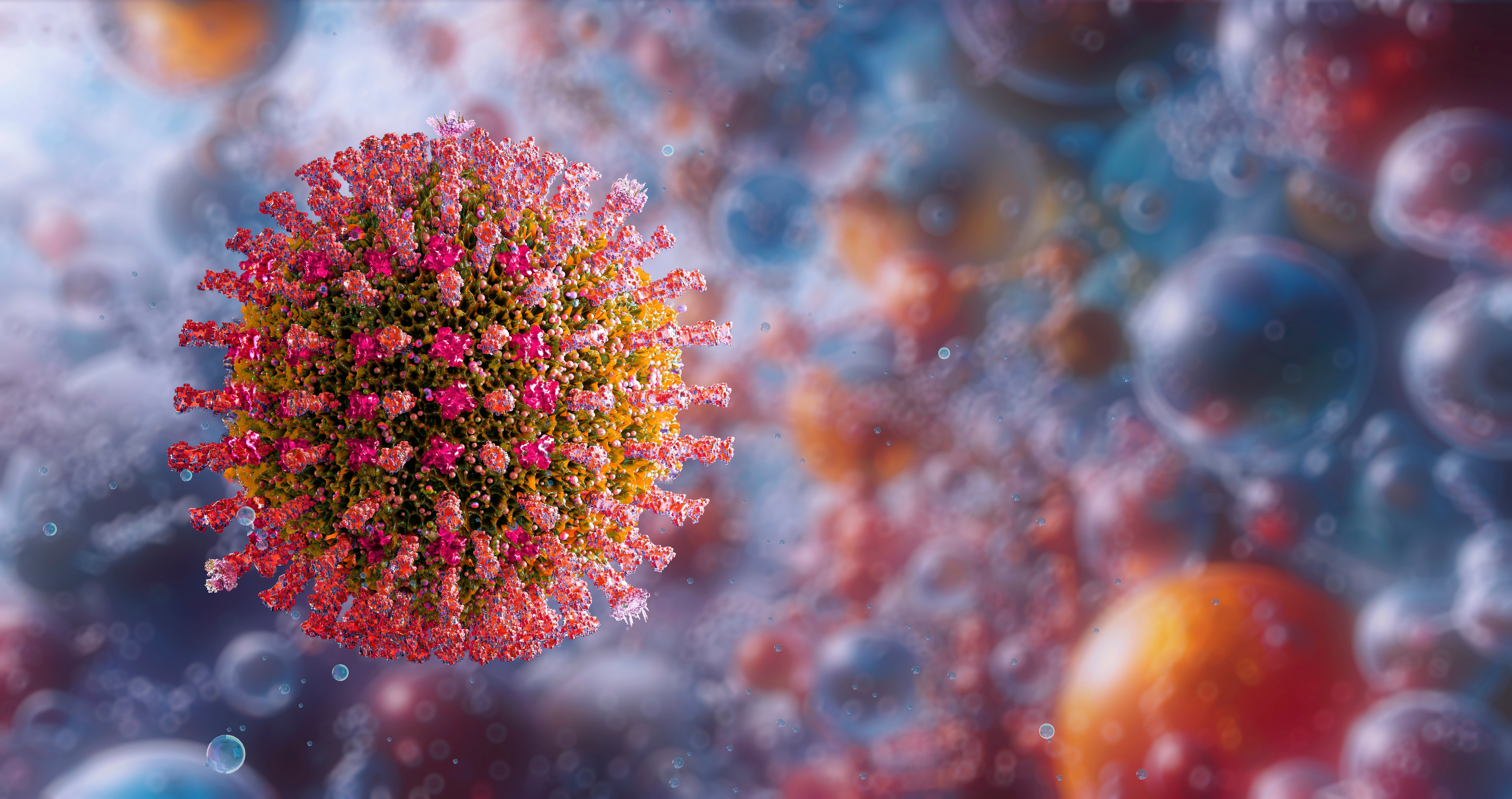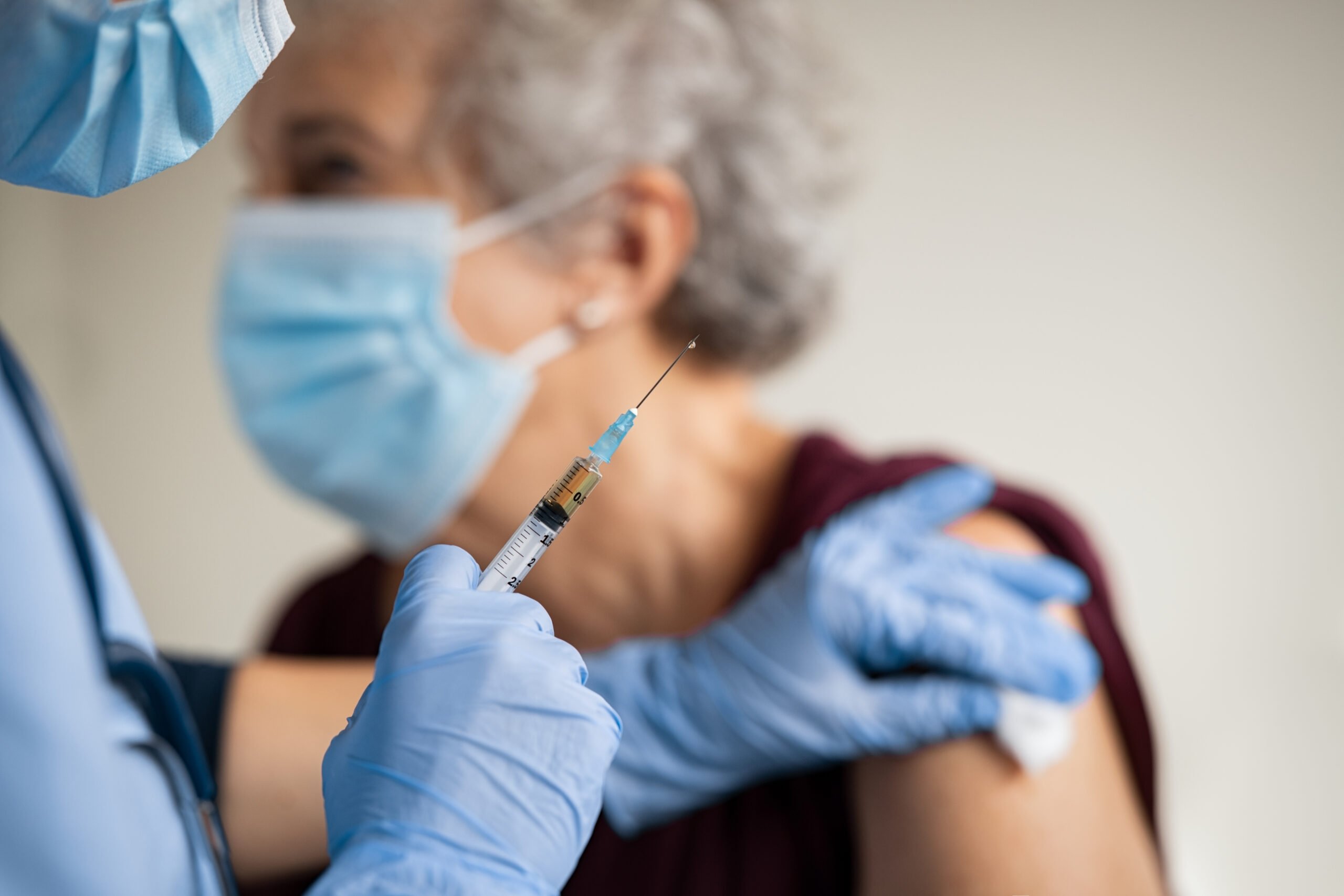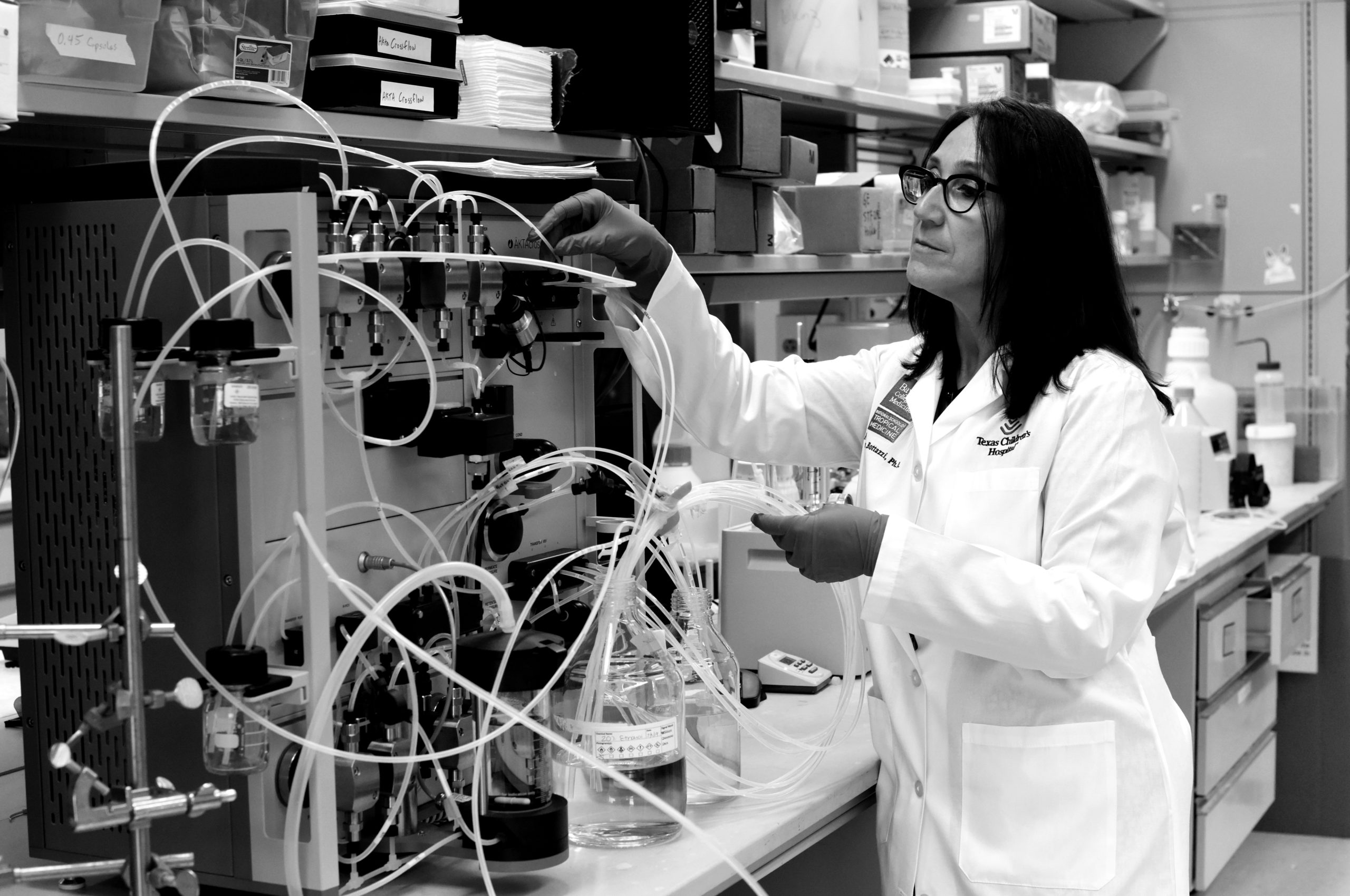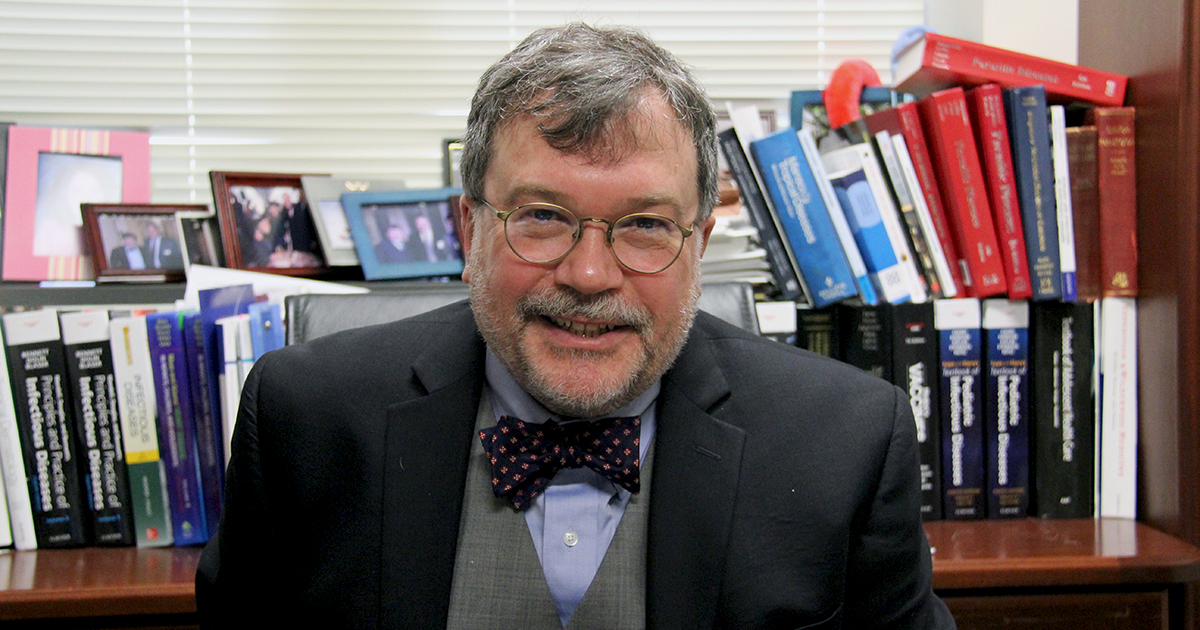
Meet the Scientist and Autism Dad Who’s Fighting the Anti-Vaccine Movement
Peter Hotez predicts deadly measles outbreaks in Texas if the growing trend of nonmedical vaccine exemptions continues.
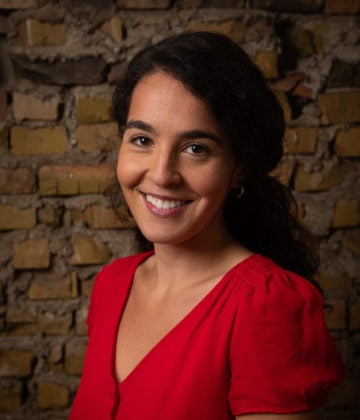
Peter Hotez didn’t expect the anti-vaccine movement to get so personal. Now dean of the National School of Tropical Medicine at Baylor College of Medicine in Houston, Hotez has dedicated his career to developing vaccines for neglected tropical diseases. He also has a 25-year-old daughter, Rachel, who was diagnosed with autism at 19 months.
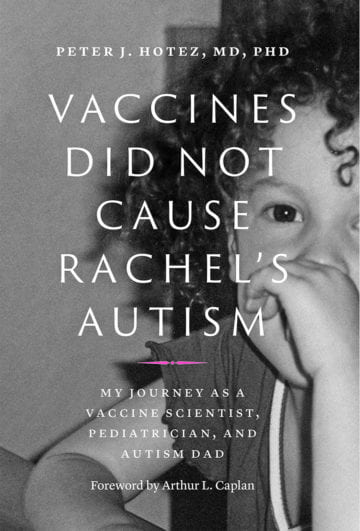
My Journey as a Vaccine Scientist, Pediatrician, and Autism Dad
By Peter J. Hotez
Johns Hopkins University Press
$22.95; 200 pages
Any link between autism and the vaccine for measles, mumps and rubella has been widely and unequivocally debunked — but when he moved to Texas in 2011, Hotez was alarmed to find that anti-vaxxers were having an outsize influence on the state. The number of nonmedical vaccine exemptions in Texas schools skyrocketed from about 2,300 in 2003 to nearly 53,000 last year; anti-vaccination groups — in the name of “parental rights” — are also funding political campaigns and influencing legislation. Motivated by what he says is the growing strength of anti-vaccine forces overpowering much quieter pro-vaccine voices, Hotez decided to share his family’s story. His new book, Vaccines Did Not Cause Rachel’s Autism, weaves together personal experience, the history of vaccines and the scientific impossibility of a link.
Hotez spoke to the Observer about the growing anti-vaccine movement in Texas, why scientists need to speak out and the major outbreaks he predicts absent a change.
Q: What was the genesis of this book?
A: I came to Texas almost eight years ago to expand vaccine development for poverty-related neglected diseases. But two things happened. One, I was surprised to see a level of poverty here that I never knew existed, and found widespread disease. Second, I learned about this very scary anti-vaccine movement here in Texas. So there was a disconnect. I was coming to build on all this innovation that we have at the Texas Medical Center and build a new generation of vaccines for neglected tropical diseases, yet I was sitting at the epicenter of the anti-vaccine movement in America, and maybe the world.
I felt I had to say something, because there really wasn’t that pro-vaccine voice out there. And I felt uniquely positioned because here they were alleging that vaccines cause autism, and here I am both as a vaccine scientist and an autism dad.
Sum up the science: How do we know that vaccines don’t cause autism?
First, we have large studies involving over a million children that clearly show there’s no link between vaccines and autism. Anti-vaccine groups keep changing the goalposts. They started out claiming that the measles vaccine was responsible for autism. So the scientific community conducted studies to show there’s no link. Another group said it’s ’cause we’re spacing vaccines too close together. That was debunked. We’re playing this game of what I call “global health whack-a-mole,” where you knock one [myth] down and another pops up.
The second part is really explaining what autism is, ’cause we’ve learned so much about the genetics and epigenetics, showing how [autism] begins early in pregnancy, well before kids ever see vaccines.
Getting services for Rachel in Texas is really, really difficult. Why? The anti-vaccine movement sucked all the oxygen out of the room. Every time you hear about autism, it comes back to what they’re calling a “vaccine debate.” There’s no debate. Vaccines don’t cause autism. But as a result, we don’t talk about the special services, job coaches, employment help that adults need who have autism associated disabilities.
“We’re condemning a whole generation of girls and women to cervical cancer. Over what? Over crap.”
How did you decide to become a kind of spokesperson for vaccines?
It was out of necessity. I recognized there was a dearth of pro-vaccine voices and the anti-vaccine people were well-organized, well-funded, very aggressive.
It gets to a larger problem I see as a scientist. When I was at Rockefeller University and Cornell University, the explicit message was, “You don’t engage journalists, you don’t directly speak to the public.” Now I’ve come to realize that advice 30 years ago was all wrong. Our silence as scientists has allowed the rise of the anti-vaccine movement, climate denial, fear of GMO anything. Now I tell postdocs, medical students, residents, “You need to speak out, people need to hear your voice.”
What are the politics at work here?
In Texas, there’s clearly a political spin to the anti-vaccine movement, just as there is in the Pacific Northwest. There it’s coming from the extreme political left; here, from the extreme political right. So I think we found the secret sauce that will bring the people who watch MSNBC and Fox together.
Here in Texas, it’s very much aligned with the libertarian streak, but it’s a phony one. They use terms like “medical freedom” and “vaccine choice.” If you’re a parent in the state of Texas, you have to put your child in a car seat if they’re of a certain age. If you own a firearm at home, you have to keep it locked. It’s not a choice, it’s the law. You should have to vaccinate your child. Children are being denied their fundamental right to be protected against deadly infectious disease for some phony political ideology.
Look at the consequences. In last season’s U.S. flu epidemic, [nearly] 200 children died and the overwhelming majority were not vaccinated. Here in Texas, only 39 percent [of teens] are getting the cervical cancer vaccine. We’re condemning a whole generation of girls and women to cervical cancer. Over what? Over crap.
We don’t have enough voices saying it’s made up. They’re certainly outgunned by anti-vaccine groups, which are in Austin lobbying the Legislature. A political action committee, Texans for Vaccine Choice, is raising money for candidates to run on anti-vaccine platforms. That’s really dangerous stuff.
What do you predict will happen in Texas?
Unfortunately, I think we’re on a collision course. We’re going to have devastating outbreaks if this continues. I’m particularly worried about measles; it’s the first one you see because it’s so easily transmissible. And it’s the most deadly.
It’s so frustrating because it’s like a train two miles down the track that I can see coming. In California it took a horrific measles outbreak to wake up the Legislature to say “no mas,” and they closed that loophole. I’m afraid that’s what we’re in for in Texas.
What’s the timeline?
It could be any point. Measles epidemics in the pre-vaccine era tended to occur in the late winter or early spring. So every March/April now I hold my breath, waiting for the big one.
You also talk about this moving from a Texas issue to a global one.
The U.S. is good at exporting our culture. We export our movies, our music. And now we’re exporting this garbage. We’re already getting glimpses of it in places like Brazil, India, Nigeria. So I’m trying to alert international health agencies like the World Health Organization, UNICEF the Gates Foundation that we’re going have global ramifications unless we do something now.
What needs to happen?
We need to close the loophole for exemptions for reasons of personal or philosophical belief in the 18 states [including Texas] that still allow it. But law itself is not sufficient. We need more and better advocacy from the federal government.
An example is the 2018 flu epidemic. The vast majority of kids who died were not vaccinated, despite recommendations. We didn’t have a forceful pro-vaccine advocacy saying the vaccine will save your child’s life, vaccinate your child. Instead, we got this mediocre messaging: ‘Well, the vaccine only prevents the flu 25 percent of the time, but vaccinate your kid anyway.’ But they missed the last part of the sentence. Yes, the vaccine will prevent 25 percent from getting the flu, but it also reduces the flu’s severity and prevents hospitalization and death. That didn’t get out.
How does all this relate to your work on neglected tropical diseases?
Texas is a fascinating place because it’s a confluence of a lot of forces. If you look at the big drivers of neglected tropical diseases anywhere, it’s extreme poverty, war and conflict, human migration, urbanization, climate change. The only thing we don’t have in Texas, thank God, is war and conflict. But we’ve got four of the five. So Texas has become an epicenter of tropical diseases in this country. We’ve got transmission of Chagas’ disease, typhus, West Nile virus, dengue, Zika.
For some of these diseases, we’re going to have to introduce new vaccines. What happens if there’s an outbreak — are we going to be able to implement wide-scale vaccination, or will the anti-vaccine lobby block that, too?
This interview has been edited for length and clarity.

